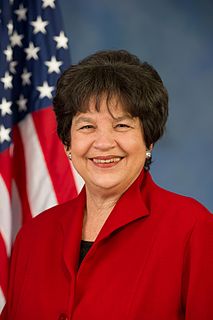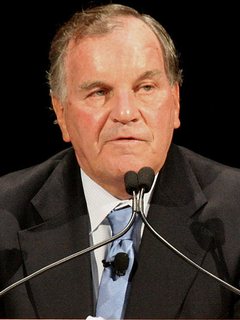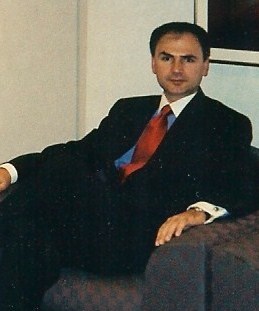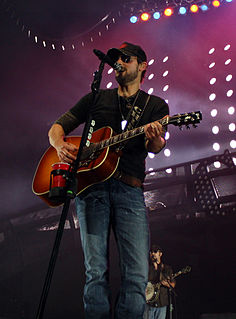A Quote by Lois Frankel
Mayors, I think, tend to be more no-nonsense, and you look for economic opportunities for your communities.
Quote Topics
Related Quotes
Our supportfor assault weapons ban is very broad...I think we've got all the police, we have all the mayors virtually - the conference of mayors, mayors against guns. We have medical experts, we have virtually dozens of religious organizations of every creed supporting us. We have just lists and lists.
I think there are a lot of Republicans who recognize that investment in adolescent girls and empowering them is good for our foreign policy. When they're educated, they tend to give back more to their communities, to rise out of poverty in a way that is good for their families and their communities and, ultimately, their countries.
We`re heartened that Donald Trump wants to spend more money. I think the mayors of America would agree that we have a massive deficit in the infrastructure plan in America and we need more, but more particularly because they actually get it done. We need to know what the mechanism is going to be, how it`s gonna get to the mayors directly, so how we can get it in the ground more quickly, and we`re hoping to hear from both candidates tomorrow.
When we liberate the economic potential of women, we elevate the economic performance of communities, nations, and the world... There is a stimulative and ripple effect that kicks in when women have greater access to jobs and the economic lives of our countries: Greater political stability. Fewer military conflicts. More food. More educational opportunity for children... By harnessing the economic potential of all women, we boost opportunity for all people.
I think there are a lot of Republicans who recognize that investment in adolescent girls and empowering them is good for our foreign policy. When they're educated, they tend to give back more to their communities, to rise out of poverty in a way that is good for their families and their communities and ultimately, their countries. I think that we need to keep laying down these markers, and pointing out what's important to our national security and what's important around the world.
Communities do need police, but law enforcement needs to be much more transparent and held accountable for their actions. We also need increased resources for mental health services, affordable housing, education, jobs training, and much more to truly address social and economic issues in our communities.
































